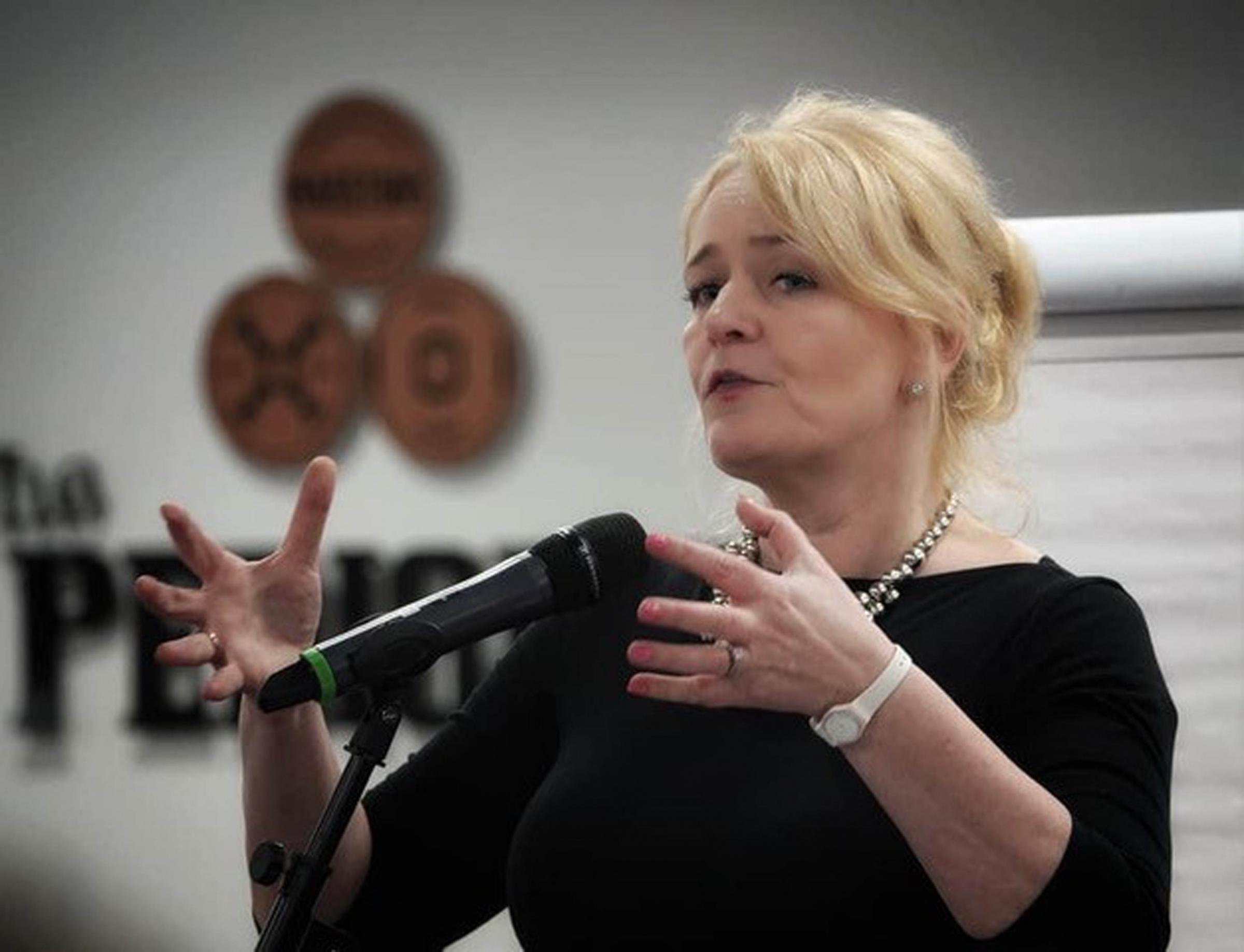
THE UK Government “has not shared” news of its plan to let agency workers cover for striking staff with Scottish ministers, it has emerged.
Unions reacted furiously in recent days as news revealed that the UK Government is planning legal changes to let agency workers come in to replace those involved in industrial action.
Tory ministers are introducing the plans ahead of major rail strikes later this month, but the move would apply to all industries – not just transport – according to The Telegraph. The changes would also not come in on time to affect the RMT June train strikes.
Plans to make the legal adjustment, which would involve reversing the restriction stopping employers from bringing in replacement workers for striking staff, are reportedly being drawn up by officials in the Department for Business, Energy and Industrial Strategy.
UK Transport Secretary Grant Shapps, who also indicated that workers could be banned from working overtime to make back pay lost during industrial action, said he would be “saying more about this” soon.
With employment law a reserved matter, it is understood that the changes to strike laws would apply across the UK. Despite this, The National was informed that the UK Government has not reached out to Holyrood to share details of the proposals.
A spokesperson for the Scottish Government commented: "It is our belief that a progressive approach to industrial relations and an effective voice for workers such as through trades unions is at the heart of a fairer, more successful society.
“Employment law remains reserved to the UK Government and they have not shared any such proposals with the Scottish Government.
"We will continue to use our Fair Work policy to promote fairer work practices across the labour market in Scotland."
Across the trade union movement, there is discomfort over the Tories’ latest scheme.
Paul Nowak, the TUC deputy general secretary, warned that the move would be “extremely reckless” and undermine the basic right to strike.
“Bringing in less qualified and experienced staff to deliver important services would create genuine safety risks for the public and for the workforce,” he said.
“Using agency workers to try and break strikes would put these workers in an appalling situation, worsen disputes and poison industrial relations.
“Some may not realise until it is too late that they are being asked to break a strike.”
He went on: “Having repeatedly promised a high-wage economy, ministers now seem determined to reduce workers’ bargaining power and to make it harder for working people to win fair pay and conditions.
“Let’s call this out for what it is. The PM is throwing red meat to his rebellious backbenchers to try and shore up his position.”
Sharon Graham (below), Unite general secretary said the trade union movement needs to be ready to respond to these plans.

“Workers have had enough of being told by the rich and powerful to meekly accept what they are given,” she said. “It is profiteering corporations, not ordinary workers who are driving the latest surge In inflation and making fools of us all.
“Rather than attack the rights of workers, it is high time that politicians of all parties argued for a cap on profits not pay.
“Why is it OK for faceless corporations to rip off the public through price gouging but not for workers to take action to defend their living standards?
“With British workers already subject to the most restrictive labour laws in Europe, as a nation we need to think again about in whose interests we want our economy to run.”
The Department for Business, Energy and Industrial Strategy could not be reached for comment on Sunday night.







